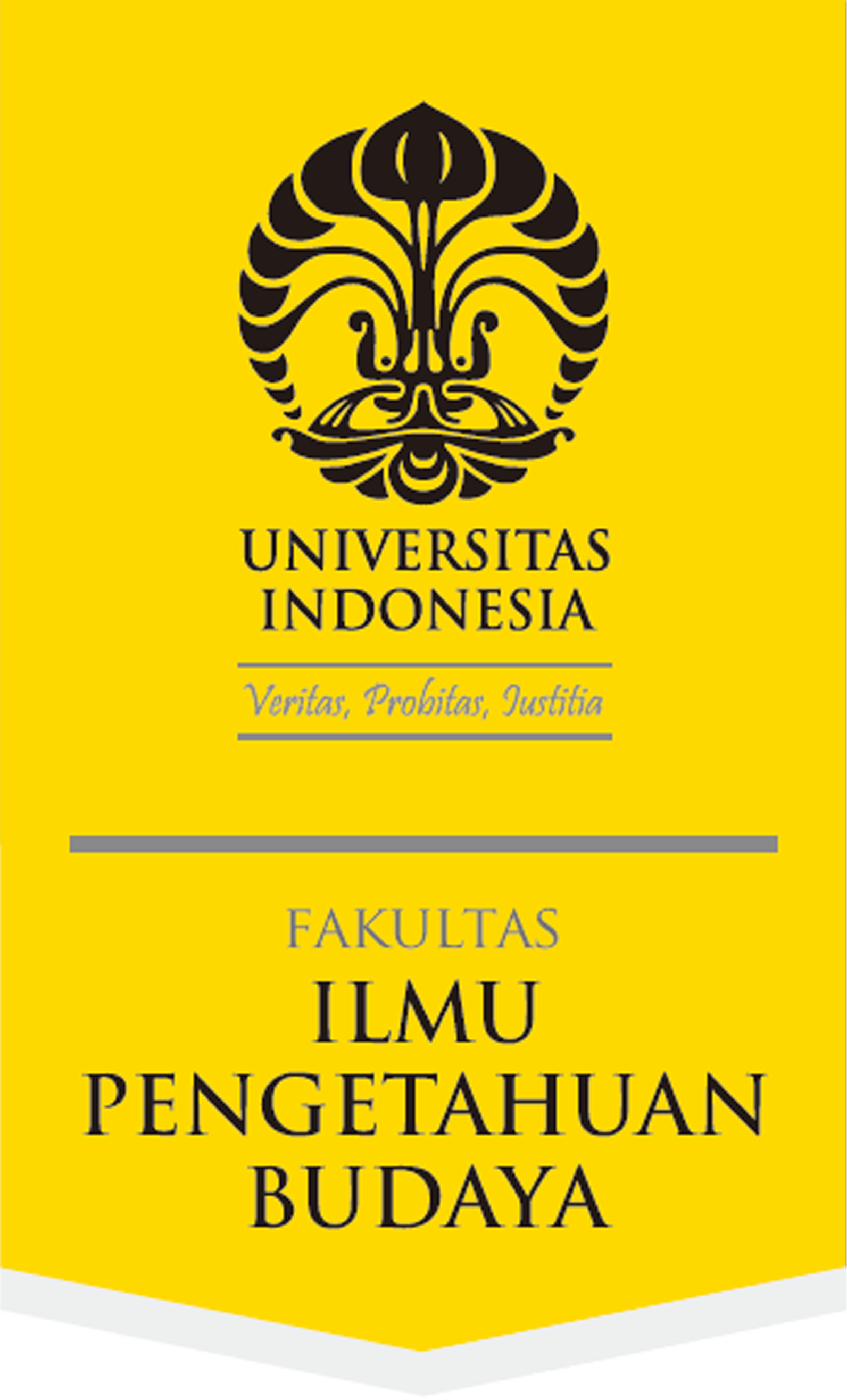Abstract
This essay examines manga, the japanese comic Master Cooking Boy" and inquires what the manga offers to the reader beside being a popular reading. This essay reviews the history of manga and its function in the Japanese culture. The paper unravels the theories of cultural studies such as hegemony and multiculturalism in the analyse of this manga. This paper discusses the wider horizon of manga as a field of hegemony discourse and multiculturalism. It opens the possibilities to analyse manga in a different perspective and shows how ideology can operates in the popular literature.
References
Chandler, Daniel.“Marxist Media Theory”, http://www.aber.ac.uk/media/Document/ marxism/marxism 01/html, 2005.
Ogawa, Etsushi. Master Cooking Boy (Chuuka Ichiban) Jilid 1-5.
Ogawa, Etsushi. The Real Master Cooking Boy (Chuuka Ichiban) Jilid 1-12.
Helm, Rachel. “Whet Your Apetite for Japanese Comics” http://www.yokohama.jp/me/yoke/echo, 2005.
“The History of Chinese Imperial Food” http://www.china.org.cin/english/imperial, 2005.
“The History of Manga” http://www.dnp.co.jp/museum/nmp/nmp_i/articles/manga/manga 1.html, 2005.
Thwaites, Tony et al. (2002) .”Introducing Cultural Studies and Media Studies. A Semiotic Approach”, Palgrave.
Yoshihiro, Yoneshawa.”Gourmet Comics – Combat in the Kitchen” http://web-japan.org/nipponia/nipponia16, 2005.
Recommended Citation
Kurnia, Lilawati
(2006)
"Seni Kulinari, Kekuasaan, dan Multikulturalisme dalam Master Cooking Boy/ The Real Master Cooking Boy Karya Etsushi Ogawa,"
Wacana, Journal of the Humanities of Indonesia: Vol. 8:
No.
2, Article 6.
DOI: 10.17510/wjhi.v8i2.236
Available at:
https://scholarhub.ui.ac.id/wacana/vol8/iss2/6









